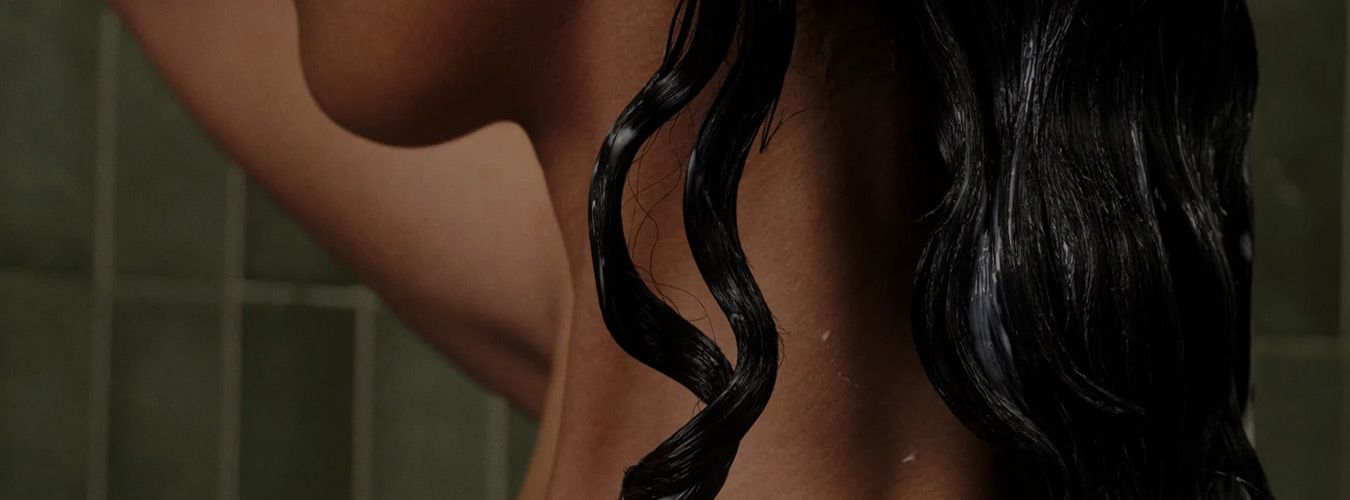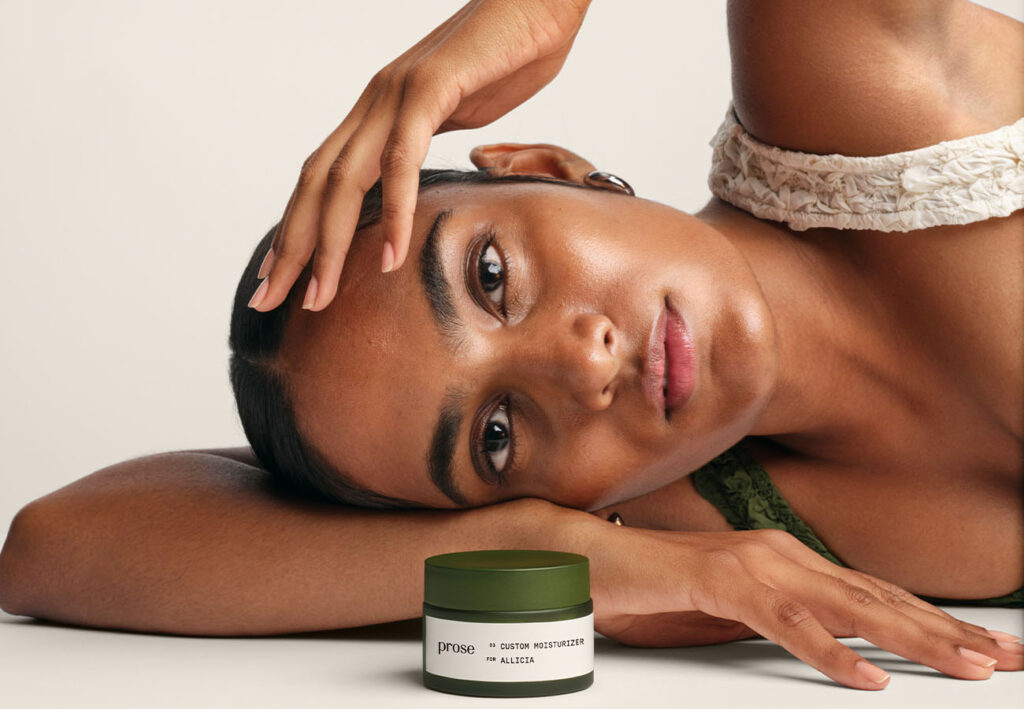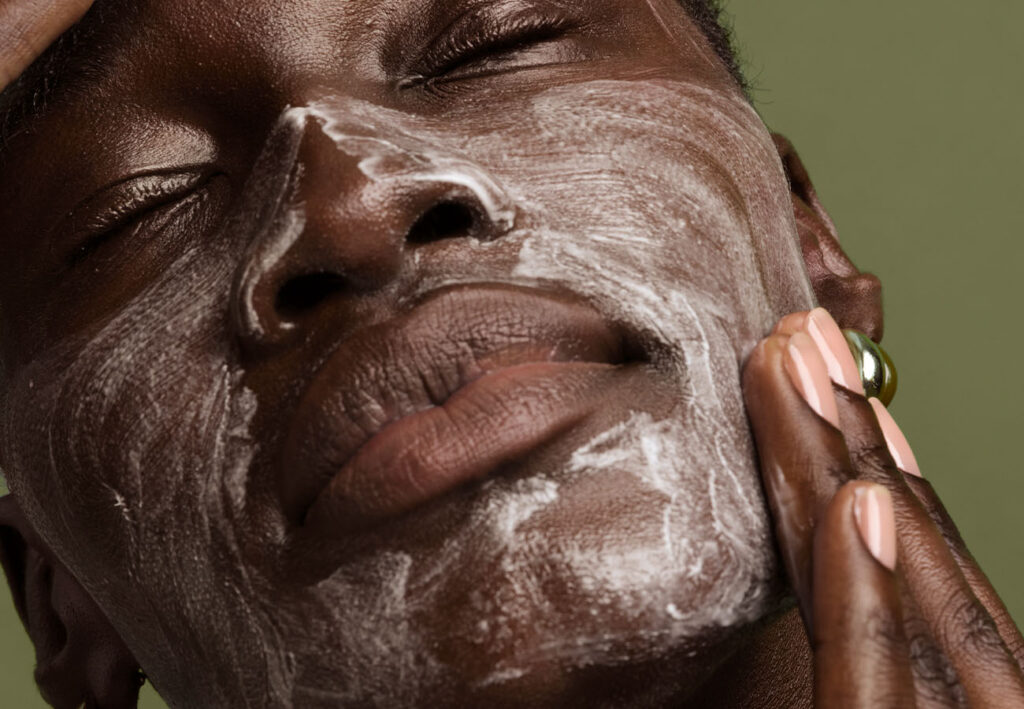How to Safely Use Rosemary Oil for Hair Growth and Scalp Balance
However, it’s important not to apply pure rosemary oil directly to one’s scalp, as most essential oils can be harsh on skin if not properly diluted. At the very least, they should be spot-tested on a patch of skin before distributed en masse across the scalp.
“Like many other naturally derived ingredients, rosemary oil may contain allergen compounds such as linalool or limonene and might cause allergic reactions in some people,” adds Thomas Navarro, Scientific Communications Director at Prose. “Hence it’s always recommended to use it mixed with a carrier oil [like argan, sweet almond, jojoba, grapeseed…] or in a cosmetic product.”
Any brand whose product has passed FDA regulations will have ensured that rosemary oil is properly balanced in their formula, rendering it safe for use. Still, it is wise to spot-check any ingredient, to be sure no allergic reaction takes place. Thomas also recommends consulting a doctor prior to any rosemary oil use if you have any history of inverse reactions with essential oils or cosmetics containing them. And if you are pregnant or breastfeeding, it is also important to consult with the doctor and closely monitor use.
What Causes Hair Loss?
Understanding one’s underlying cause of hair loss will help bring about the proper solution. Solutions like rosemary oil and minoxidil are not the best choices for everyone. On the topic of medical consultation, it’s also important to have a dermatologist assess the root cause of your hair loss.
“There are many [biological] or environmental factors that can cause hair shedding or hair loss. While certain factors, such as stressful events, medical treatments, childbirth, or an unbalanced diet can cause reactionary hair shedding (key word, shedding), these can be reversed once the temporary stress factor has disappeared,” explains Thomas. “Meanwhile, other genetic and/or hormonal factors can cause more severe hair loss that may require medical advice.” (And in turn, targeted solutions, often oral or topical in nature.)
Below are two primary causes of hair loss, both of which allow for patient intervention. However, it is important to note that early intervention is imperative, as compromise and dormant follicles can eventually “dry up”, in that they will be beyond recovery.
Oxidative Stress
Oxidative stress is one of the primary causes of hair loss, which is often caused by free radicals that overpower the body’s antioxidant defenses. (Think pollution, UV rays, industrial chemicals, and smoking. Oxidative stress can also be brought on through certain foods, obesity, alcohol, and more.) “Eventually, oxidative stress damages the body’s cells (including hair follicles), as well as the proteins or lipids that contribute to aging, and can disrupt the hair growth cycle,” says Thomas. One can minimize oxidative stress by improving quality of life through diet, exercise, sleep, and other modes of wellbeing.
Pattern Hair Loss and Inflammation
Another key cause of hair loss is inflammation associated with Male and Female Pattern Hair Loss (MPHL and FPHL, both of which are androgenetic alopecia and commonly referred to as Pattern Hair Loss). While inflammation can be acute and localized or sometimes just temporary, it can also progress or persist into a chronic situation. This is called low-grade inflammation. “This low-grade state may eventually disrupt cellular functions including those in hair follicles, leading to a process called ‘miniaturization’ that causes hair follicles to shrink over time, resulting in thinner, weaker hair growth,” explains Thomas. Studies indicate that Pattern Hair Loss exacerbates this inflammation. Measures like minoxidil and rosemary oil tend to yield favorable results when targeting Pattern Hair Loss.
Other Solutions for Hair Growth
In addition to solutions like rosemary oil and minoxidil, look for scalp-balancing products such as hair masks, as well as oral supplements that promote a healthy microbiome in which your follicles can prosper. Remember, the scalp is like the soil from which your hairs grow, so hair wellness is anchored in scalp wellness.
Scalp Masks
Look for products that promise to be “clean” in nature, and which sit on the scalp long enough to be absorbed in order to deliver their soothing, fortifying, and balancing benefits—like a scalp mask. (While a shampoo is good for cleansing a scalp, for example, it usually won’t soak into the skin there, so it is not typically positioned as a means for follicular stimulation.)
“Prose’s pre-shampoo scalp mask has been rigorously developed by our team of scientists and can be personalized with a blend of ingredients that aim to remove dirt, impurities and build up so your scalp is set to grow your best hair out,” explains Thomas. “It is also formulated with prebiotic and probiotic to help balance and respect the scalp microbiome, and has been certified microbiome-friendly by Mymicriobiome.”
Hair and Scalp Supplements
You should also consider supplementing your diet with ingredients that provide similar antioxidant and stimulating properties as topical rosemary oil. For example, Prose’s own Root Source hair supplements have this effect. “They have been developed with a proprietary blend of ingredients that includes Millet Extract, clinically proven to stimulate the follicle and anchor the root tightly in the scalp so hair grows faster,” Thomas explains. We have selected rosemary oil for its powerful antioxidant properties in order to protect the full potency of our millet extract in our soft gels.” The supplements are twofold: one for scalp, one for hair, and are taken together.
Custom Haircare Made Just For You
Ready to take the next step in your haircare routine? Prose customizes products specifically for you to target your hair and scalp needs from growth to strength to shine, and much more. Take the consultation today to discover your unique formulas and routine.
Always made to order. Never made to waste.
Exclusive Trial Offer Get 60% Off + Free Gift







